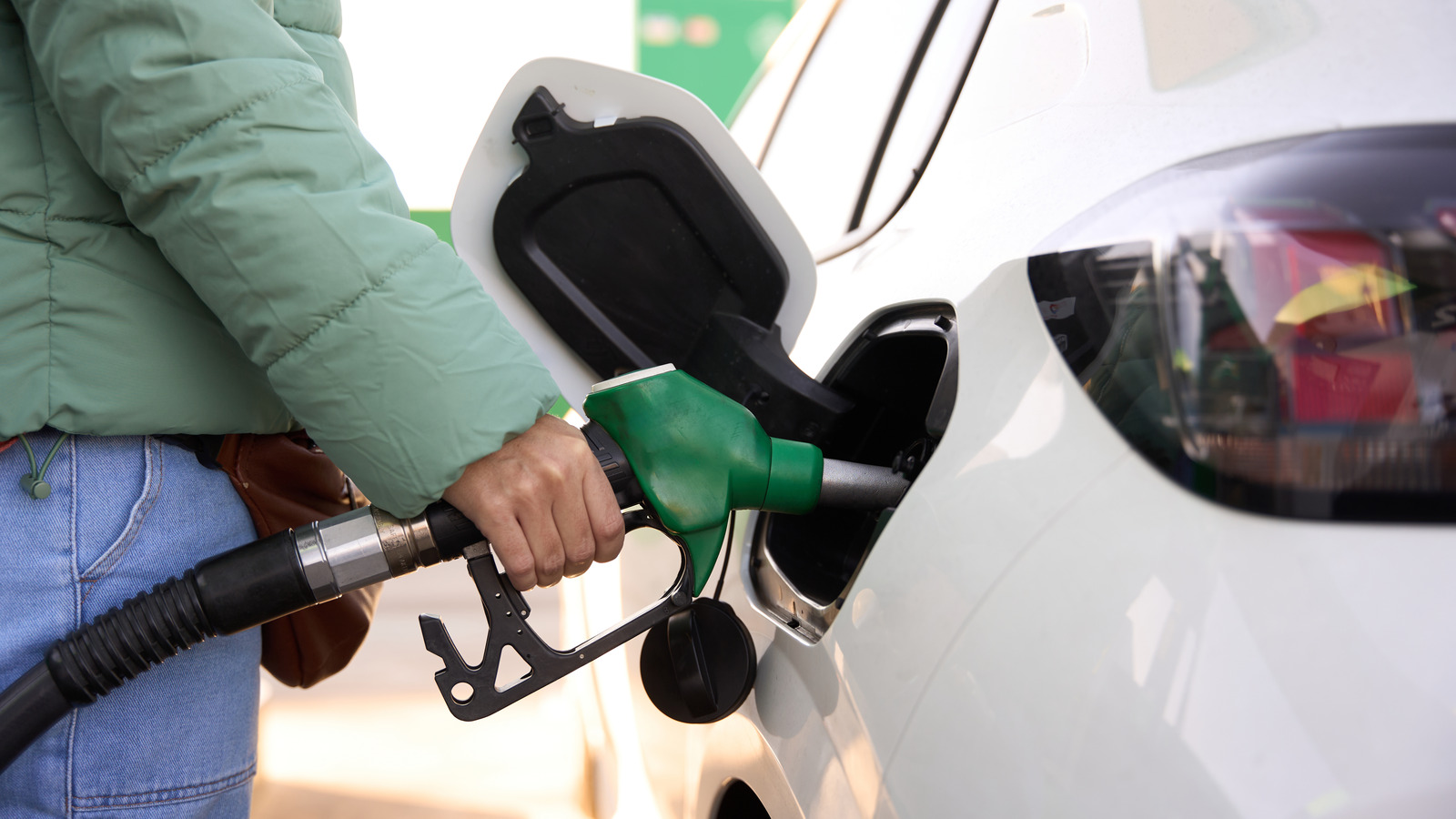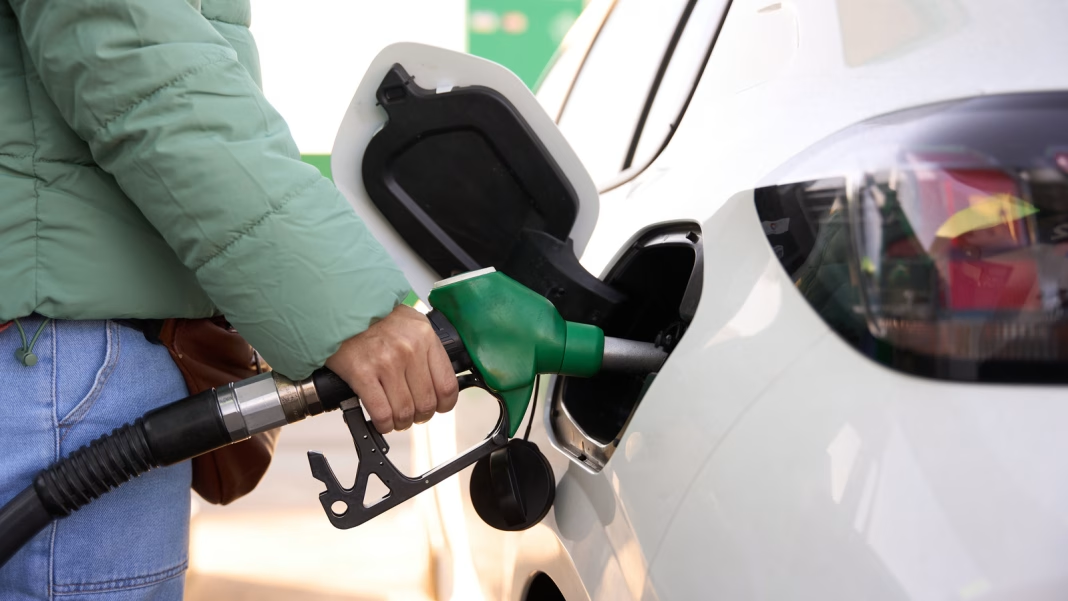Bad gasoline can turn into a bad situation within minutes. If you’ve ever filled up at a gas station and wondered whether the fuel was up to par, you’re not alone. Bad gas can lead to a host of problems for your vehicle, from poor performance to costly repairs. So, how can you tell if you’ve filled up with bad gas, and what steps should you take if you suspect you’ve been a victim of it? Let’s dive into the details.
What Are the Signs of Bad Gasoline?
Recognizing bad gasoline can save you from a lot of headaches. Here are some common indicators that your fuel might not be what it should be:
1. **Engine Performance Issues**: If your engine starts sputtering, hesitating, or stalling, it could be a sign of bad fuel. You might also notice a decrease in power or acceleration. If your car feels like it’s struggling to get up to speed, it’s worth investigating.
2. **Unusual Noises**: Listen closely. If you hear knocking or pinging sounds from the engine, it could be a result of water or other contaminants in the fuel. These noises are often a cry for help from your engine.
3. **Fuel Smell**: A strong, unusual odor when you fill up or after refueling can indicate that the gasoline is contaminated. If the smell is off, it’s best to err on the side of caution.
4. **Difficulty Starting**: If your vehicle has trouble starting or requires multiple attempts to turn over, it might be due to bad gas. This is especially true if it’s a sudden change from how your car usually behaves.
5. **Check Engine Light**: If your check engine light comes on after refueling, it could be a sign of fuel-related issues. While this light can indicate various problems, it’s worth checking if bad gas is the culprit.
What Should You Do If You Suspect Bad Gas?
If you suspect that you’ve filled your tank with bad gasoline, don’t panic. Here are some steps you can take to address the situation:
1. **Don’t Drive**: If you notice any of the symptoms mentioned above, it’s best to avoid driving your vehicle. Continuing to drive with bad gas can cause further damage to your engine and fuel system.
2. **Contact the Gas Station**: Reach out to the gas station where you filled up. They may have received reports from other customers experiencing similar issues. If they’re aware of a problem, they might offer to help, whether through a refund or assistance with repairs.
3. **Check Your Receipts**: If you suspect bad gas, keep your receipt. This documentation can be helpful if you need to file a claim with the gas station or your insurance company.
4. **Consider Draining the Tank**: If you’re comfortable doing so, draining the tank can be a good option. This process involves removing the contaminated fuel and replacing it with fresh gasoline. If you’re not handy, a mechanic can handle this for you.
5. **Add Fuel Additives**: Some fuel additives are designed to help clean out the fuel system and counteract the effects of bad gas. While this isn’t a guaranteed fix, it can sometimes help improve performance.
6. **Seek Professional Help**: If your vehicle continues to have issues after addressing the fuel, it’s time to consult a mechanic. They can diagnose any potential damage caused by the bad gas and recommend necessary repairs.
How to Prevent Bad Gas in the Future
Prevention is always better than cure. Here are some tips to help you avoid bad gasoline in the future:
1. **Choose Reputable Gas Stations**: Stick to well-known gas stations with a good reputation. They’re more likely to have quality control measures in place to ensure their fuel is clean.
2. **Avoid Filling Up During Busy Times**: Gas stations often have their tanks filled during peak hours. This can stir up sediment that settles at the bottom of the tank, leading to contaminated fuel. Try to fill up when the station is less busy.
3. **Keep Your Tank Full**: Keeping your fuel tank at least half full can help prevent condensation from forming inside the tank, which can lead to water contamination.
4. **Use Fuel Stabilizers**: If you don’t drive your vehicle often, consider using a fuel stabilizer. This can help keep the gasoline fresh and prevent degradation.
5. **Regular Maintenance**: Regularly servicing your vehicle can help catch any potential issues before they become major problems. A well-maintained fuel system is less likely to be affected by bad gas.
The big takeaway? Bad gasoline isn’t about perfection—it’s about smarter adjustments. Start with one change this week, whether it’s choosing a different gas station or keeping your tank fuller, and you’ll likely spot the difference by month’s end. Stay informed, and keep your vehicle running smoothly!


